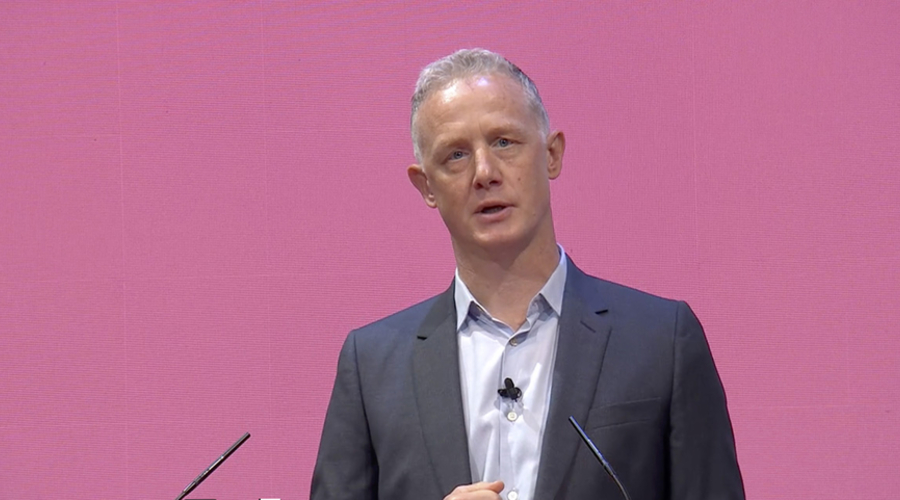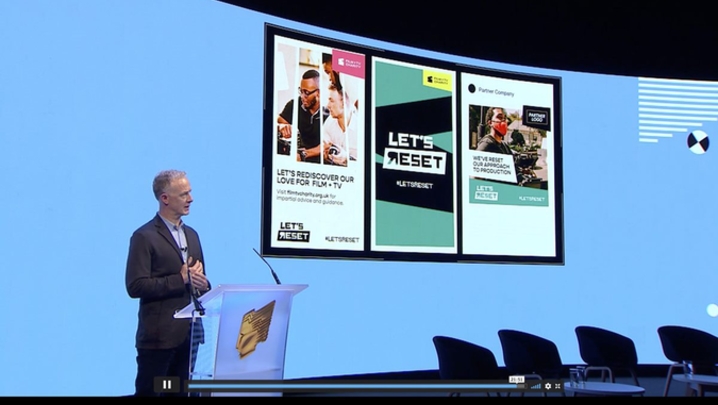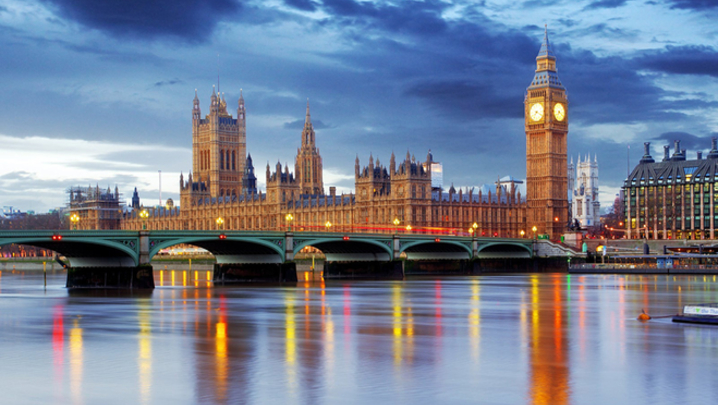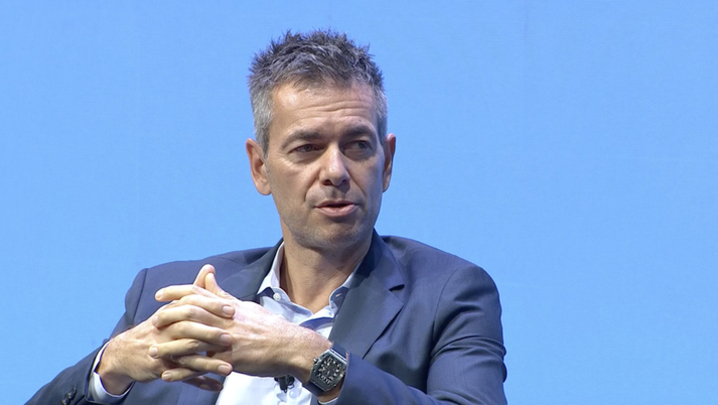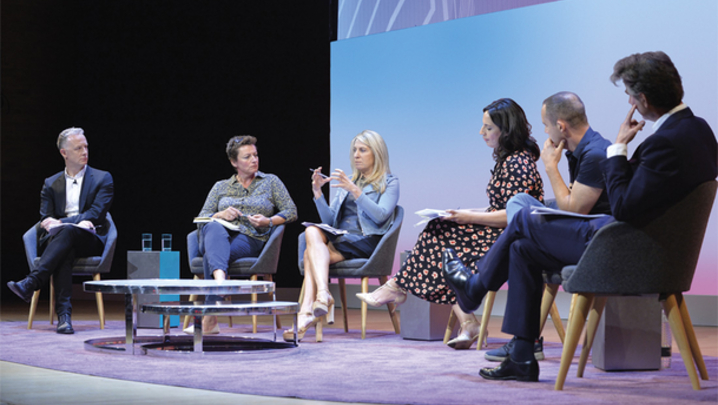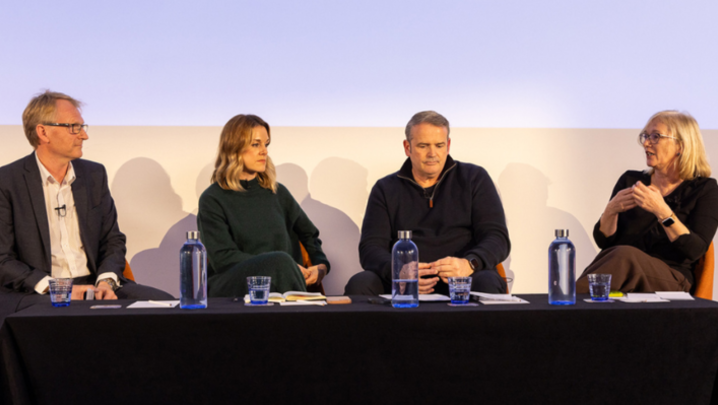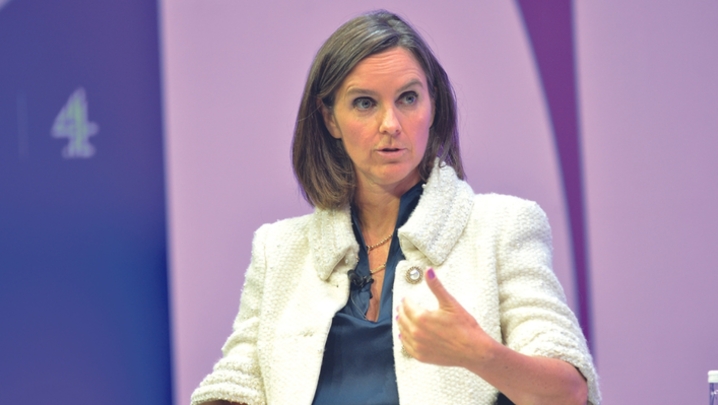‘Embrace change,’ urges RTS Convention Chair Ben McOwen Wilson
In a stirring session that set that the scene for the 2021 RTS Cambridge Convention, the event’s Chair, Ben McOwen Wilson, encouraged his audience to face up to the biggest challenges to the British television ecosystem. These included the audience shift to digital, the power of the streamers and the problems of how to represent Britishness accurately on the screen, both to UK audiences and overseas.
First, he reflected on the unique difficulties the industry had faced over the past 18 months – including production limitations, budget impacts and the audience’s need to be informed, entertained and educated in new ways. He paid tribute to the creativity and invention we have all seen in response to the pandemic.
As YouTube’s Managing Director, UK and Ireland, McOwen Wilson was swift to point out that such creativity stretched far beyond the reach of traditional television, citing such success stories on his own platform as: Joe Wicks’s daily fitness videos, which reached millions each morning during the first lockdown; Jay’s Virtual Pub Quiz, which has gone out live every Thursday evening since March 2020; and National Theatre at Home.
McOwen Wilson told his Cambridge audience: “I’m incredibly proud of how the UK’s YouTube creators responded. National Theatre at Home’s high-quality streamed performances reached a bigger audience in the six weeks they ran than they had in 10 years of National Theatre Live.”
Speaking a few days after Emma Raducanu’s triumph at the US Open, watched by a Saturday-night audience of 9.2 million on Channel 4, McOwen Wilson remarked that live viewing remained a key and highly valued audience offering. Nevertheless, he said, all those weeks of national lockdown had only accelerated the continuing shift to online and on-demand viewing. He noted that “PSB channels enjoyed a brief respite, reaching 2014 levels for a couple of months [but,] across the course of 2020, it was only the 55-plus audiences that experienced any meaningful turnaround to the decade-long trend.
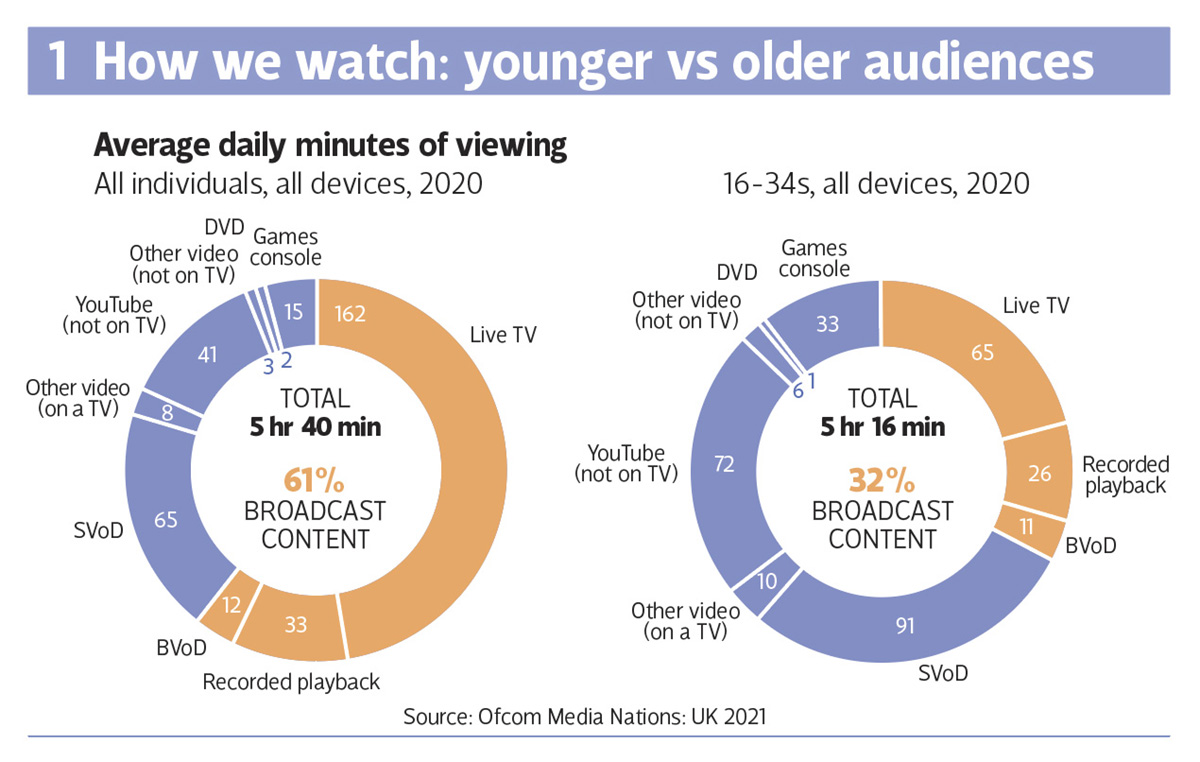
“And, when looking at time spent, under-35s now prefer non-traditional sources such as YouTube, Netflix and Amazon, or their games consoles, almost two to one, compared with traditional TV sources in all of their guises [see chart 1 on page 11]. Even when looking at the total population, SVoD and YouTube account for almost a third of all viewing on our television sets, quite aside from time spent with these services on mobiles or tablets.”
On the subject of streamers, and with new platforms HBO Max, Paramount+ and Peacock shortly to arrive on our shores, McOwen Wilson mentioned a catalogue of challenges they bring to the British industry, including increased content costs and the issue of securing and retaining talent, as well as more competition.
He added, however, that these deep-pocketed players were also responsible for many UK-produced shows: “Their massive efforts at UK secondary rights acquisitions and stellar, and often lucrative, productions mean that Amazon’s 5,000 hours of UK-produced shows and Netflix’s 3,000 hours sit comfortably alongside the 7,000 that BritBox has, or the 9,000 that all of the iPlayer accounts for.” (See chart 2 on page 11.)
With the question of the privatisation of Channel 4 looming over this year’s Convention, McOwen Wilson encouraged all participants to take a broad view on the topic: “We should not allow a single issue to define this debate, nor allow it to become insular and parochial – our challenges are global.”
He sought to assure his audience of the benefits of regulation: “The UK success has been that of the ecosystem, one that has been preserved through careful pruning and shaping of regulation around the UK’s PSB system.”
And he cited the introduction of the codes of practice in the 2003 Communications Act to make way for terms of trade, “without which, the production sector we see today would never have flourished”.
Demonstrating how the only constant is change, McOwen Wilson looked back on his own two decades in the industry, from first attending the RTS Convention in 1999 when, he remembered, “I heard culture secretary Chris Smith set out his vision for a neat transition from analogue to digital”.
And he recounted his time working at ITV in the noughties, sitting down with Ashley Highfield, then the BBC’s director of future media and technology, and sketching out on “the back of a napkin at Soho House” plans for Kangaroo, a joint venture for on-demand collaboration between BBC, ITV and Channel 4, “at a time when the iPhone hadn’t been released, and Netflix was probably still sending out DVDs”.
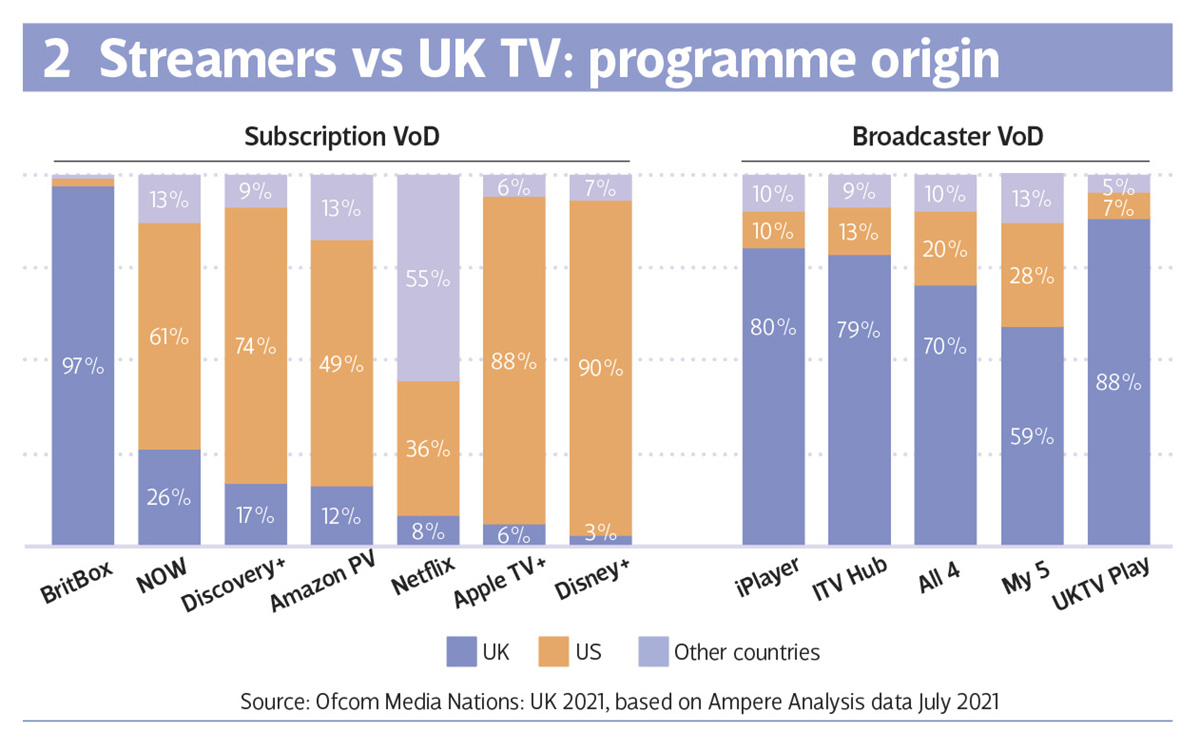
Regarding the theme of this year’s Convention, “Broadcast Britain: Reshaping Britishness on the global stage”, McOwen Wilson identified three main threads of thought – Britishness, representation in our talent and the positivity of opportunity. The first, he suggested, was a huge opportunity to explore what Britishness meant in 2021 and its value to audiences at home and abroad.
However, he said, broadcasters were all found wanting when it came to representation, including his own platform, YouTube: “You must first understand and accept how well or badly we are all doing at delivering to British audiences.
“None of us is delivering to the audience that represents our country. None of us is doing well on any dimension of diversity. Collectively, we must shift that for our audiences and for our talent behind and in front of the camera.”
Talent and the potential for creativity, he pointed out, had never been broader. “Anyone with talent today, with a creative idea and a broadband connection, can build themselves an audience to rival that of many of our major channels.
“We must ensure that representation and equality of opportunity is baked in for all, or we will miss the opportunity to work with that talent.”
All of these changes and challenges represented an opportunity, he argued: “We can build an ecosystem that can thrive for the next decade and beyond.
“Within that [we need]: the continued cultivation and success of our independent sector; a decisive shift led by those in this room to a more inclusive industry, which will enable new voices from every different background and community in the UK to be heard; and, finally, the embracing of technology and platforms as a means to reach new domestic and global audiences and tell stories in new and exciting ways.”
Finally, tying all his thoughts together, McOwen Wilson urged the creatives and commissioners in the room to embrace change: “My message is not about rejecting linear – it is about embracing the non-linear, accepting that this is consumers’ choice that improves their lives and adds to their entertainment, education and information experiences.
“Seeing online as a headwind to be beaten leaves the glass half-empty and getting emptier. On-demand is a consumer-driven tailwind, one that we have known was coming for well over a decade and one that we must be sure our industry and our UK ecosystem can take full advantage of. We are leaders, we must err on the side of leadership.”
Session One: ‘Broadcast Britain’ was presented by Ben McOwen Wilson, YouTube Managing Director, UK and Ireland, and regional director, EMEA, and produced by Helen Scott. Report by Caroline Frost.

